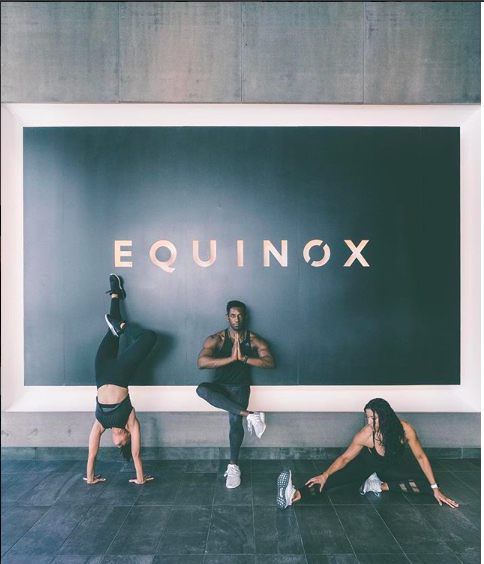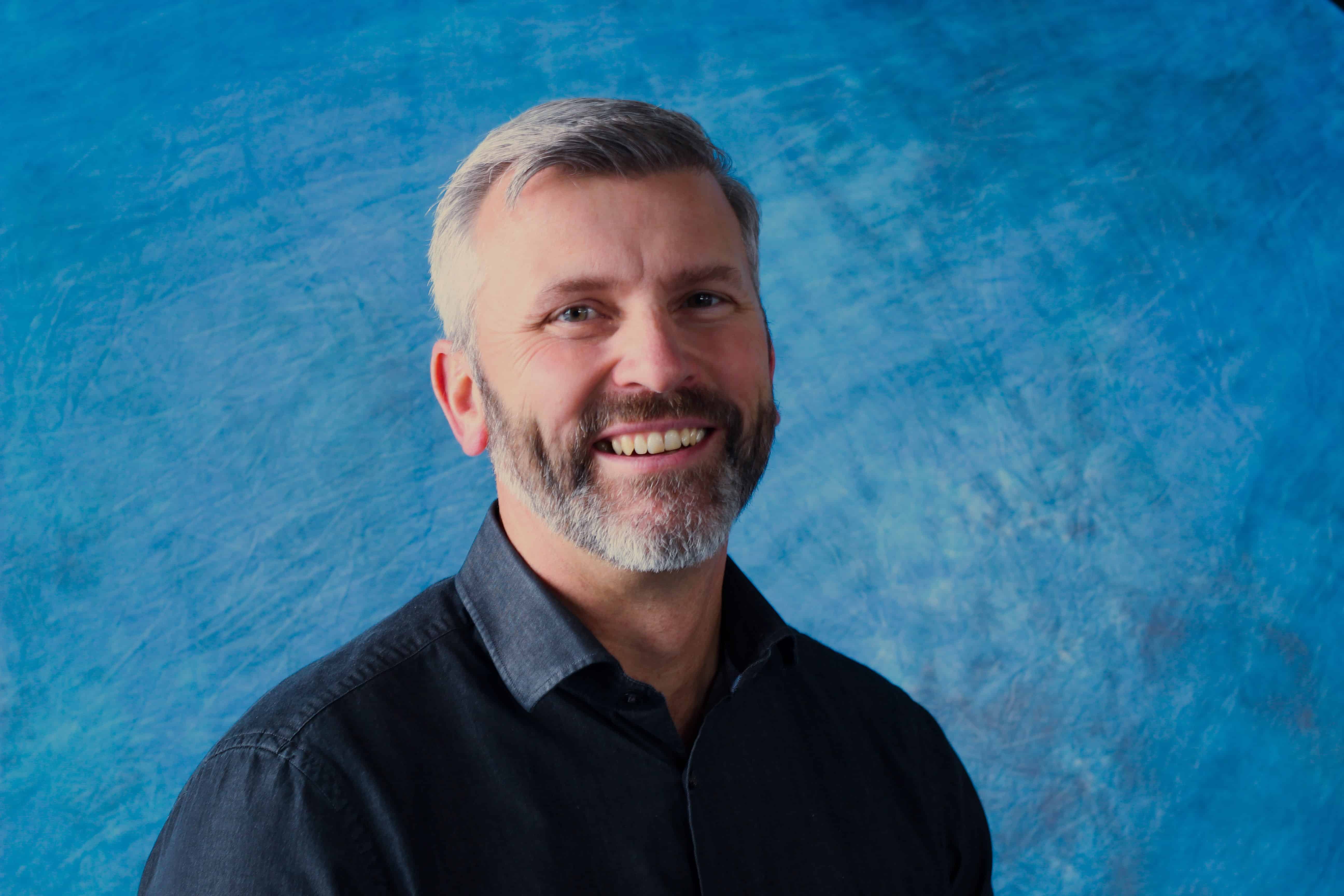
As constantly emphasized by the doctor, ensuring a minimum of 30 minutes of daily exercise is advised. However, recent research indicates that the positive impact on your brain health will be hindered if you do not obtain enough sleep during the night.
Along with the hours you put in to make time to exercise, it’s essential not to overlook the hours required for quality sleep, as they play a crucial role in maximizing the benefits of your high-intensity workout.
According to a recent study, individuals who engage in frequent high-intensity exercises but get less than six hours of sleep per night are at a higher risk of experiencing accelerated cognitive decline compared to those who worked out less.
In this extensive study, a group of 9,000 participants was closely observed for a (notably long) duration of 10 years. These individuals were selected from the English Longitudinal Study of Aging, a research initiative funded by the UK government and the US National Institute on Aging, focusing on people aged 50 years and older.
Based on its findings, the study determined that individuals who integrated regular physical activity into their daily routines and obtained six to eight hours of nightly sleep experienced improved cognitive performance as they aged.
In addition, the group that engaged in regular physical activity, as observed in the study, demonstrated lower body weight, a reduced likelihood of smoking or excessive drinking, fewer instances of illness or depression, and higher educational attainment.
However, an individual cannot experience these benefits of exercise unless they receive proper sleep. At the end of the 10-year study, it was discovered that individuals in their 50s and 60s who slept less than six hours per night experienced a loss of the specific benefits of exercise, particularly concerning their cognitive health.
Even though these individuals exercised, they still had worse cognitive health than the individuals who didn’t exercise.
“Our results suggest the importance of considering physical activity and sleep together, as these factors might combine in complex ways to influence cognitive trajectories from age 50 years onwards,” the authors of the study said.
We are well aware of the importance of sleep for our overall health, but it’s intriguing to understand why, when we fail to get enough of it, all the advantages of our intense daily workout sessions that are aimed at keeping us healthy and physically fit go down the drain. Maybe it’s time to start prioritizing sleep the same way you do for exercise and the experts tell us why.
The Experts Weigh In
It’s time to prioritize both your exercise routine and sleep health to receive the array of benefits of both aspects of your life without jeopardizing one over the other.
We spoke to Lauri Leadley, CCSH, RPSGT, President-Clinical Sleep Educator Founder at Valley Sleep Center, to learn more about the benefits of exercise and how its combination with a healthy sleep schedule can drastically change your health for the future.
She said lack of sleep can impact our brains in so many different ways such as reducing our creativity and focus, impacts our mood, increases chances of burnout, and slows our cognitive abilities.
“When you engage in physical activity, it increases blood flow to the brain, delivering more oxygen and nutrients,” she told Sleepopolis. “This promotes the growth of new blood vessels and neurons, which can enhance cognitive abilities such as memory, attention, and problem-solving skills.”
So how can not getting enough sleep negate the benefits exercise has on your body and brain? First off, not only does not getting enough sleep affect the benefits of exercise on your brain, but pushing yourself to exercise when you don’t have enough energy in the tank to workout can be detrimental to your physical health. This could also allow stress and extreme exhaustion to get in the way of having a successful exercise routine and could even lead to an injury.
Along with this, she said sleep deprivation does in fact affect the correlation between exercise and brain function.
“It can also lead to increased levels of stress and inflammation in the brain, which can further hinder cognitive performance,” she said. “Additionally, sleep deprivation can negatively impact the brain’s ability to form new memories and consolidate information learned during exercise.”
Leadley confirmed that there are long-term consequences involved if you don’t get your sleep schedule in check. She mentioned that insufficient sleep can result in more than just mental fog, and simply increasing exercise won’t compensate for it. Eventually, not having a healthy sleep schedule could lead to neurodegenerative disease such as Alzeheimers and Parkinson’s disease.
If you want your exercise routine and sleep schedule to work perfectly together, it’s important to consider some simple strategies to incorporate into your life. Along with practicing good sleep hygiene and sleeping in a cool temperature with comfy sheets, it’s also important to always listen to your body.
“If you’re consistently not getting enough sleep, it may be beneficial to focus on lower-intensity exercises or shorter workout sessions to prevent overexertion,” she said.
A sleep specialist might work as well. She said one can help you build both a sleep and exercise routine that won’t clash into one another. For example, they can build you a schedule where you can gain the benefits of exercise even though you might not be getting enough sleep due to your lifestyle. She said achieving good health requires addressing all aspects of your well-being, so it’s crucial to focus on every area of your well-being. Don’t prioritize those hours at the gym and forget about those sleepless nights. The hard work you put in will eventually not be worth it if you also didn’t focus on your sleep.

Blake Lively’s Trainer Explains How the Star’s Sleep Habits Help Enhance Her Exercise Routine

Fitness Brand Equinox Is Developing Sleep Coaching Program At Select Clubs

A Guide to Sleep and Heart Health
